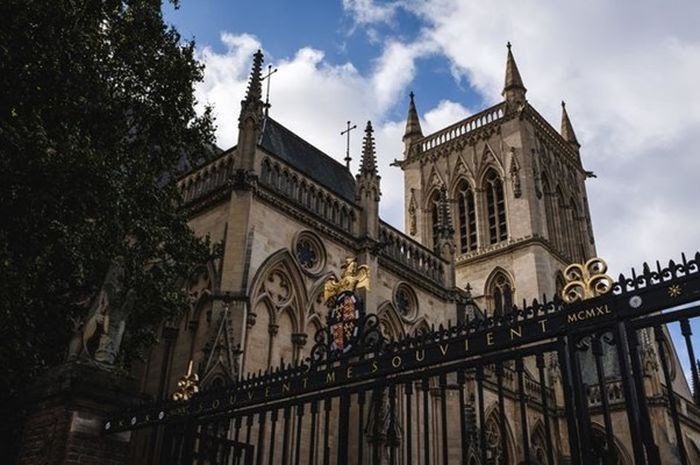Paradise lost? Local groups resist Queens’ new accommodation plans
If successful, the plans will see the development of four rows of student housing on the current site in Newnham ward

A Queens’ College proposal to build new student accommodation has caused upset in the local community.
Over 1,185 people have signed a petition by Friends of Paradise Nature Reserve, a group dedicated to the protection of the green space, with the aim to push the College to withdraw its planning application (15/6).
The petition has until 21st June, when the application consultation ends.
The College proposes to build four blocks of postgraduate accommodation, housing up to sixty students, on the Owlstone Croft site in Newnham ward.
The new developments on the old hostel site would bring buildings closer to the nature reserve.
The plans also include the demolition of the College’s nursery which was built in 2015.
With over 1,000 signatures, the petition says that the plans would have a “very serious impact” on Paradise Nature Reserve, a small local nature reserve on the bank of the River Cam.
Friends of Paradise Nature Reserve argue that the light and noise from the development will damage wildlife populations and that the buildings themselves will “significantly diminish the ability [of visitors] to enjoy the natural environment.”
Further objections include concerns for traffic and street access as well as a belief that the Colleges’ intentions are to get an “income from rich overseas graduate students.”
Comments on the petition cite a “loss of tranquillity” and “unnecessary damage to the environment” as reasons for signing. Another comment reads: “Disappointing to see Queens’ College violating their own environmental policies. It’s a breach of trust between the college and the people of Cambridge.”
Newnham resident and environmentalist Jean Glasberg said: “People are very upset about these plans… The College is proposing to build next to the boardwalk, which is actually the narrowest and most fragile part of the nature reserve – right next to the river.
Glasberg explained: “The boardwalk was put in to enable disabled people to enjoy the nature reserve.”
Queens’ College had previously scaled back its plans for the new accommodation in light of concerns about the nature reserve. A Biodiversity Net Gain assessment concluded that the proposed development would actually lead to a 51% gain in biodiversity through the creation of new habitats such as grassland.
The College website for the proposal claims: “By incorporating elements of the neighbouring nature reserve into the site, such as wetland and woodland features, the landscape plan has integrated the character of surrounding natural features.”
Queens’ commented that they offered an additional opportunity for local community groups to be briefed on the steps the College has made after the public consultation “but this offer was declined.”
They also said that the plans will “provide sustainable, high-quality modern and community-focused housing for [their] students whilst providing significant biodiversity benefits and preserving the ecological value of the surrounding area.”
The College added that they are “committed to continuing to engage with members of the local community throughout the planning process and beyond” and that they are “willing to sit down with anyone who is interested to discuss how we have responded to the community’s feedback.”
 Features / How sweet is the en-suite deal?13 January 2026
Features / How sweet is the en-suite deal?13 January 2026 Comment / Will the town and gown divide ever truly be resolved?12 January 2026
Comment / Will the town and gown divide ever truly be resolved?12 January 2026 News / 20 vet organisations sign letter backing Cam vet course13 January 2026
News / 20 vet organisations sign letter backing Cam vet course13 January 2026 Arts / Fact-checking R.F. Kuang’s Katabasis13 January 2026
Arts / Fact-checking R.F. Kuang’s Katabasis13 January 2026 Music / Inside Radiohead’s circle13 January 2026
Music / Inside Radiohead’s circle13 January 2026









